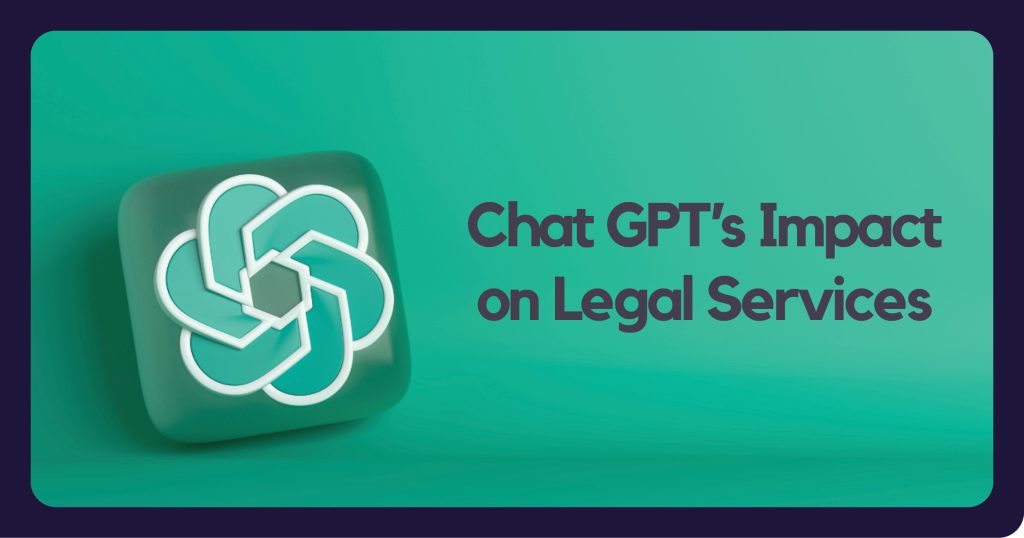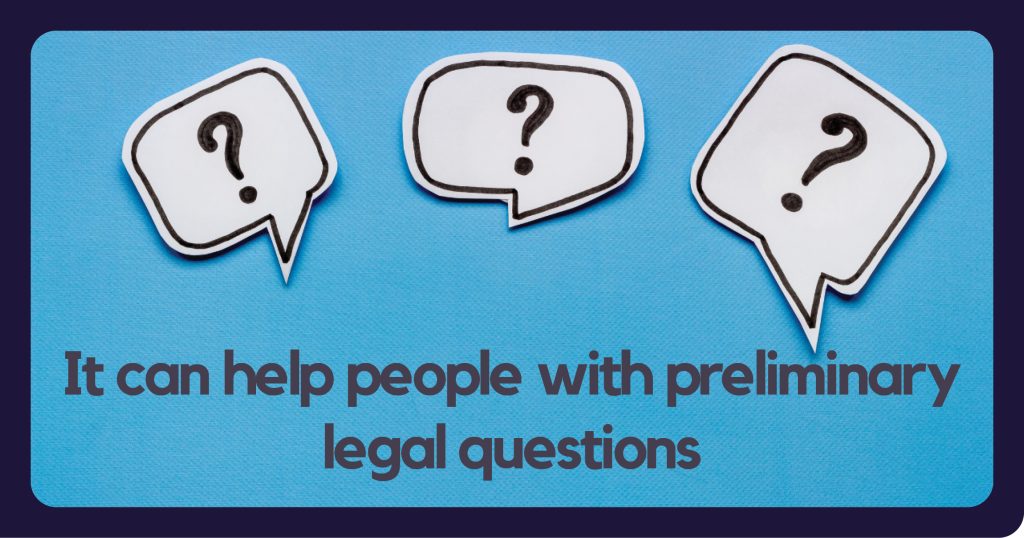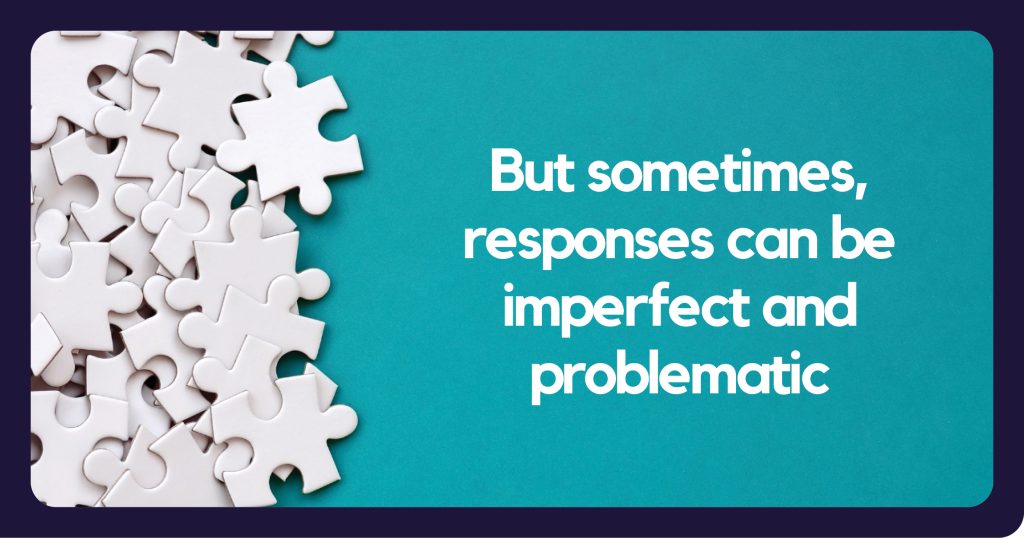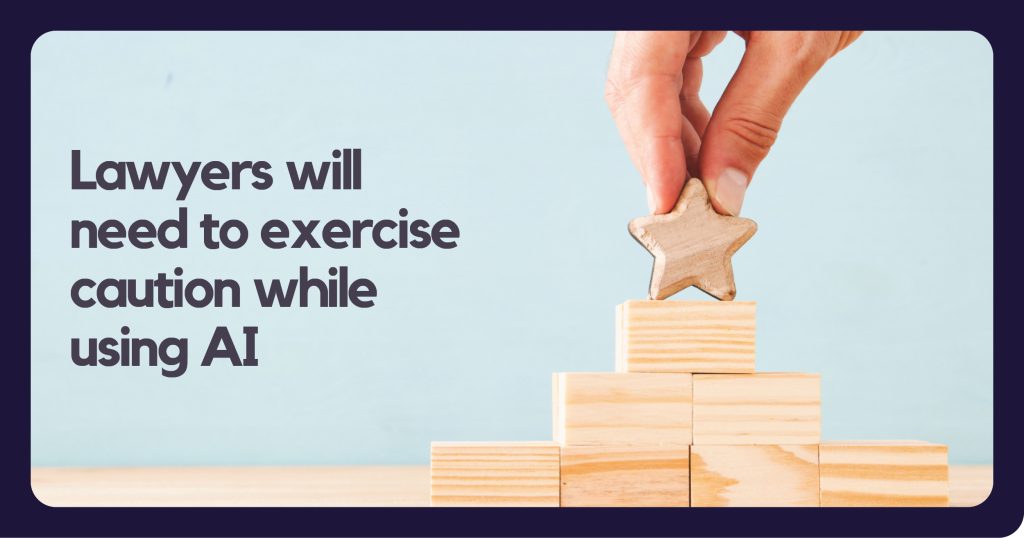Chat GPT Impact on Legal Services

In December 2022, Andrew Perlman, the dean of the Suffolk University Law School, released a paper titled “The Implications of OpenAI’s Assistant for Legal Services and Society” to understand the chatbot’s potential implications in the legal industry.
ChatGPT can carry out tasks now done by lawyers, like Legal research, document generation, providing general legal information and legal analysis. In his paper, Perlman further creates prompts to get information on arguments suggestions, an overview of the law and a list of deposition questions. Even though the technology is not perfect but it has demonstrated sufficient potential to answer questions, generate forms and create drafts.

It cannot create a proficient document which can be directly filed in court, but it can do the groundwork for lawyers by creating the first draft.
If asked accurately, the chatbot has the potential to help people with preliminary legal questions. For every question, ChatGPT generates a detailed response as the legal solution and enables the user to understand the forthcoming legal steps.
In his analysis, Perlman further states that sometimes the responses generated by ChatGPT were imperfect and problematic. This raises the AI tool’s ethical and regulatory issues for its law-related services. Currently, the chatbot cannot be reliable for significant legal problems.

Every answer is structured in compelling language. However, as information inaccuracy is the biggest challenge for such technologies, lawyers must be extremely careful while using AI.
According to Perlman, ChatGPT highlights the promise of artificial intelligence to affect the industry in the most profound ways. It can automate routine legal work, but it can also increase the efficiency of legal services the upcoming clients will demand.

Source: ABA Journal and Andrew Perlman’s Research paper
